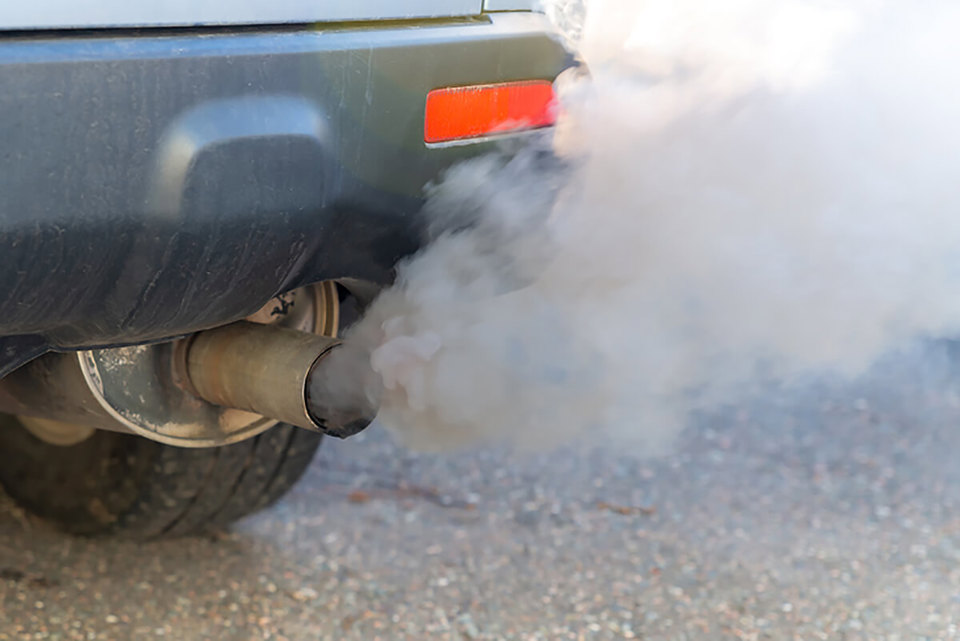A door-to-door transport policy with cycling, buses and railways at its heart will form the cornerstone of the Government¹s plans to hit tough new carbon reduction targets.
The Department for Transport (DfT) is also believed to be considering some form of CO2-based tax to drive fleets into lower emission vans after outlining interim plans to cut carbon output by up to 14% over the next decade.
Its new carbon reduction strategy sets out the policies and proposals for reducing transport sector emissions by 2022. By then, it predicts that the average new car will emit 40% less carbon than now around 95g/km.
However, those improvements may not be enough to convince the Government that cars and vans should remain the primary form of transporting people and goods.
Transport secretary Andrew Adonis said the DfT strategy will give businesses more low carbon choices about when, where and how to travel or transport goods.
"Our strategy sets out a long-term vision for a fundamentally different transport system in our country, where carbon reduction is a central consideration in the way we do business," he said.
The strategy sets out how to achieve a shift to new technologies and fuels; promote lower carbon choices; and how market mechanisms can be used to encourage the shift to lower carbon transport.
Within the measures is a commitment to regulate CO2 from new vans, including clear targets for the medium and long-term.
It also sets a path to develop an ultra-low carbon van market "while respecting the diversity of the van".
Meanwhile, the Renewable Fuels Agency (RFA) has announced that its provisional data for biofuels supplied to UK forecourts under the Renewable Transport Fuel Obligation for 2008/09 is showing progress towards sustainable biofuels.
Based on the RFA¹s 'lifecycle analysis' of biofuel emissions, the fuel supplied delivered a 47% reduction in greenhouse gases compared to fossil fuels.
However, the report reveals that businesses can achieve differing CO2 savings according to where their fuels are sourced and how they are produced.
A B30 blend from Biofuel Refineries would result in 1.95kg of CO2 per litre used; the same product from Harvest Energy results in 2.14kg of CO2. Pure diesel contributes 2.63kg.
"The sustainability and CO2 savings offered by biofuels varies considerably," said Ian Featherstone, fleet advice manager at the Energy Saving Trust.
"A company wishing to calculate its biofuel emissions should use the latest reported CO2 saving for the particular fuel and supplier they use and calculate the CO2 emitted after taking into account the concentration of the biofuel used."
To access the full RFA report click here.














Login to comment
Comments
No comments have been made yet.